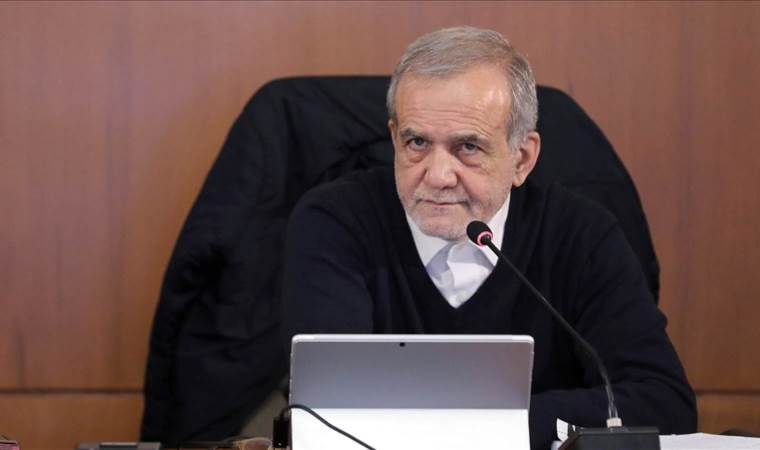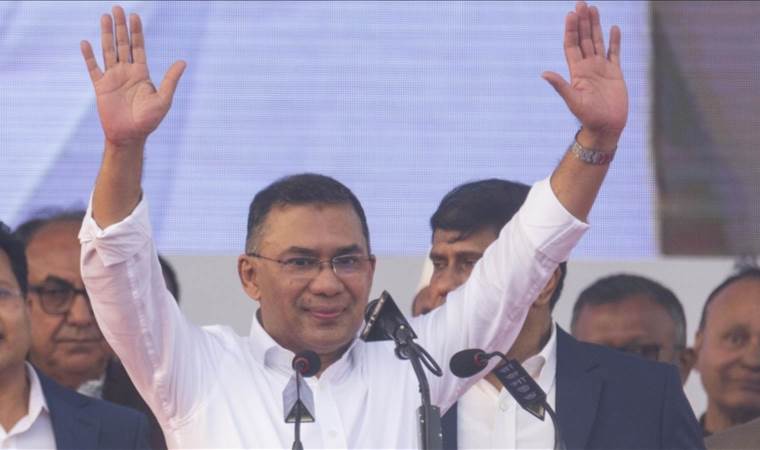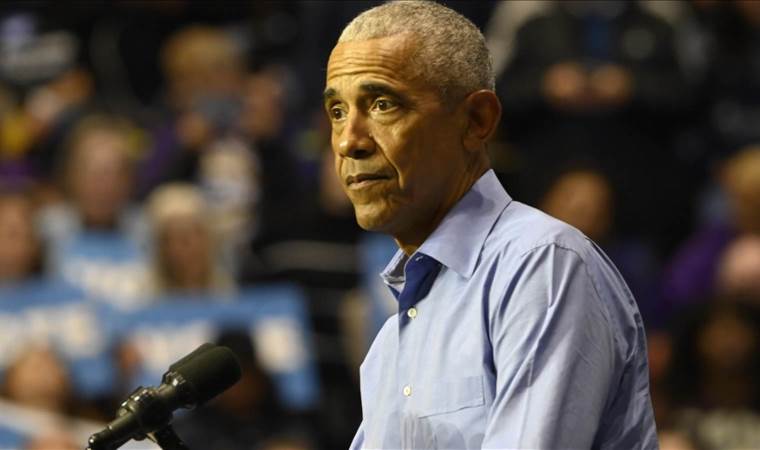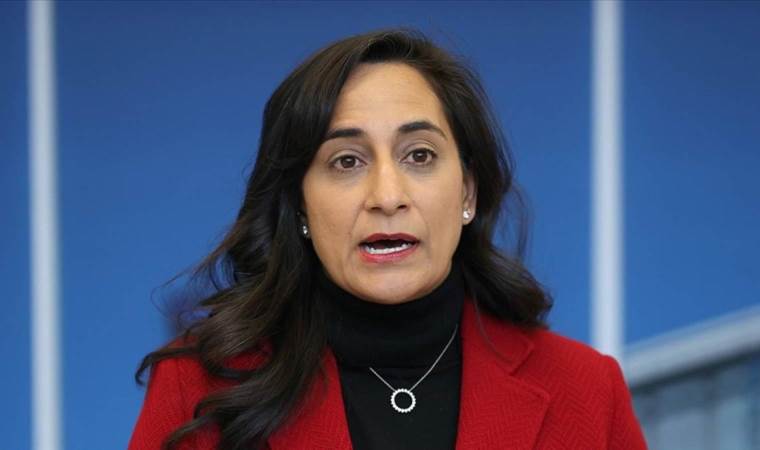Moody's turns negative on US credit rating
Moody's, the international credit rating agency, made a significant adjustment to the U.S. credit rating outlook on Friday, shifting it from "stable" to "negative."
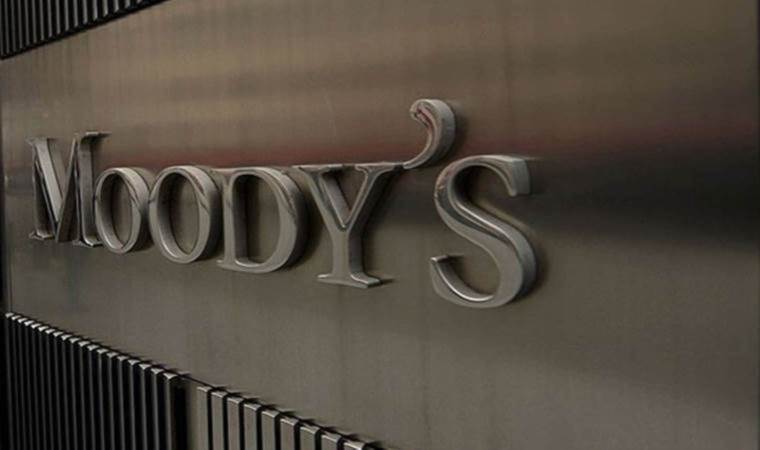
Moody's, the international credit rating agency, made a significant adjustment to the U.S. credit rating outlook on Friday, shifting it from "stable" to "negative." This decision was based on mounting apprehensions about the expanding fiscal deficits and a diminishing capacity to manage debt effectively. Notably, this move comes in the wake of a previous downgrade by Fitch earlier this year, further heightening concerns within the financial landscape regarding federal spending and escalating political discord.
Moody's statement highlighted a pivotal concern regarding the potential impasse in the political arena, emphasizing the risk of a lack of consensus on a comprehensive fiscal plan due to heightened political divisions. Despite this cautious outlook, Moody's maintained the U.S.'s 'Aaa' ratings, indicating a continued belief in the country's overall credit strength. However, the negative outlook introduced by Moody's implies the potential for a downgrade in the medium term, reflecting the challenging fiscal landscape.
The Biden administration promptly contested Moody's decision, attributing the shift to what they characterized as "congressional Republican extremism." This narrative further amplifies the ongoing tensions between the two major political parties in the United States.
Moody's decision introduces additional pressure on congressional Republicans, who are currently engaged in negotiations on funding legislation. The ongoing market response remains uncertain, but the persistent ascent of Treasury yields adds to the overarching concerns about potential government shutdowns and the broader issue of fiscal responsibility.
This verdict from Moody's serves as a stark reminder of the complexities inherent in addressing budget deficits, with internal conflicts among House Republicans and a historical pattern of both parties contributing to the mounting national debt over the years. The intricacies of fiscal policy and the challenges of achieving bipartisan consensus underscore the ongoing challenges facing the United States in navigating its economic trajectory.
Most Read News
-
 Final day of Munich Security Conference begins with talk
Final day of Munich Security Conference begins with talk
-
 Iranian president says regional countries can resolve is
Iranian president says regional countries can resolve is
-
 Bangladesh election winner Tarique Rahman calls for ‘uni
Bangladesh election winner Tarique Rahman calls for ‘uni
-
 Zelenskyy anticipates ‘productive’ Geneva talks after me
Zelenskyy anticipates ‘productive’ Geneva talks after me
-
 Obama calls Trump-shared racist video ‘deeply troubling,
Obama calls Trump-shared racist video ‘deeply troubling,
-
 Canada says it will not restore diplomatic ties with Ira
Canada says it will not restore diplomatic ties with Ira
-
 US military used Anthropic’s AI model in operation to ca
US military used Anthropic’s AI model in operation to ca

